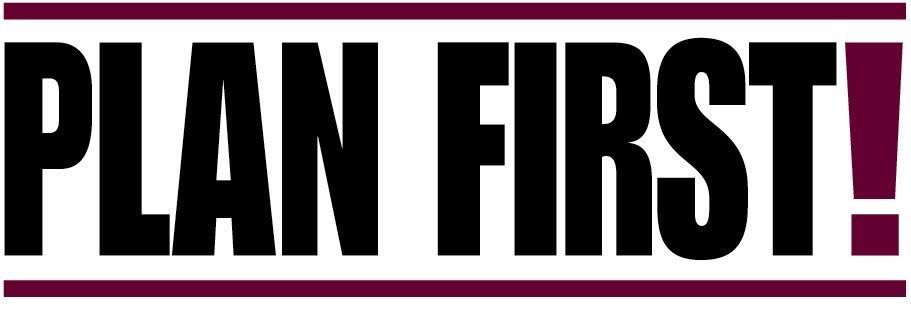Pointers on Losing Weight Safely
People who want to lose weight commonly, and first of all, think about reducing the amount of food they eat. This may be quite a solution but not exactly the best there is. In fact, depending on the amount you reduce in your food intake, it may even be dangerous to one's health. So how does one lose weight effectively and safely? Here are some points one should consider when trying to lose weight:
Beware of the Crash Diets
 |
The rapid loss in weight is seen by the body as a “famine” situation. In a concerted effort to survive, the body dramatically reduces its metabolic rate within 24-48 hours after you start dieting. |
Most people think that trimming down the calories can alone shed off their unwanted excess. Probably this is because of the fad there is in advertising about low-calorie food products and beverages. What people don't know is that this could be dangerous because when they decrease their calorie intake way to below the required levels, the body begins to digest the fats. Sounds good but it doesn't actually. Burning fat requires a lot of energy. Since there is not much energy in the body to facilitate metabolism of fat, it will run at a very slow pace resulting to fatigue, illness and weak immune system.
Low-calorie diet is also compensated for by the body by burning muscle. People on this type of diet who revert back to their old eating habits end up gaining back some, if not all the weight they have shed off. This would consist mainly of fats. And since fats have more volume per mass than muscle, they end up having the same weight as before but more bulkier. In losing weight, one should keep in mind that they should lose excess body fats only.
However, one can try out eating small meals at more frequent intervals. This way the body will not think that it is being starved and will not store food as fat.
 |
Just eating while you feel hungry. This a big big & the biggest health secret from the God by Decree of The Last Prophet |
One may have considered junking the crash diet option but he should also not forget to watch what he is eating. Variety must always be considered so that one may be able to get the necessary nutrients from his diet.It is also healthier to eat food which are roasted, steamed or broiled rather than fried. It is also important to include a lot of fiber in the diet. Frequent rehydration is also necessary.
Pump Up lean Muscle Mass
Muscles burn calories when they work; they even do so at rest. Unlike fats which just lie around, bulge around the pants and dangle beneath the sleeves, muscles burn calories all-day round. With this fact, one can start weight loss by increasing muscle mass. The more muscles, the less fat will be left. This is attainable starting with working out with resistance exercises.
Engaging in Aerobics
Aerobics are not only good for the heart by increasing cardio-vascular endurance. Aerobics also help in increasing lean muscle mass while simultaneously decreasing excess body fat. Aside from these, aerobics make the metebolic process more efficient and its rate high, even after a long while. Imagine burning fat efficiently while driving along the freeway or even while watching television.
Extra "Push"
Some people believe that smoking and caffeine can actually help in losing weight. This can perhaps be true; however, they do the body more harm than good because of their side-effects. For that extra "push", one can try out taking food supplements. Afterall, 95% of these products out in the market actually does good.
On Taking Diet Pills
Over-the-counter diet pills affect the amount of weight one loses as well as how long one keeps that amount of weight off. However, one must be wary of the side-effects of these diet pills. As such, one must faithfully follow the instructions provided for in the packaging. It is also prudent to consult the physician anyway before trying out these drugs and also to find out which type would be best for the individual.
Losing weight does not have to mean sacrifice and suffering. It actually means opening up to a more full and healthy life where one may not have to feel bad about himself having to look the way he does or not being able to do what he wants to do. Losing weight might entail a little adjustments plus the discomforts, but as the old saying goes, "no pain, no gain." Besides fat, what has one got to lose anyway?
